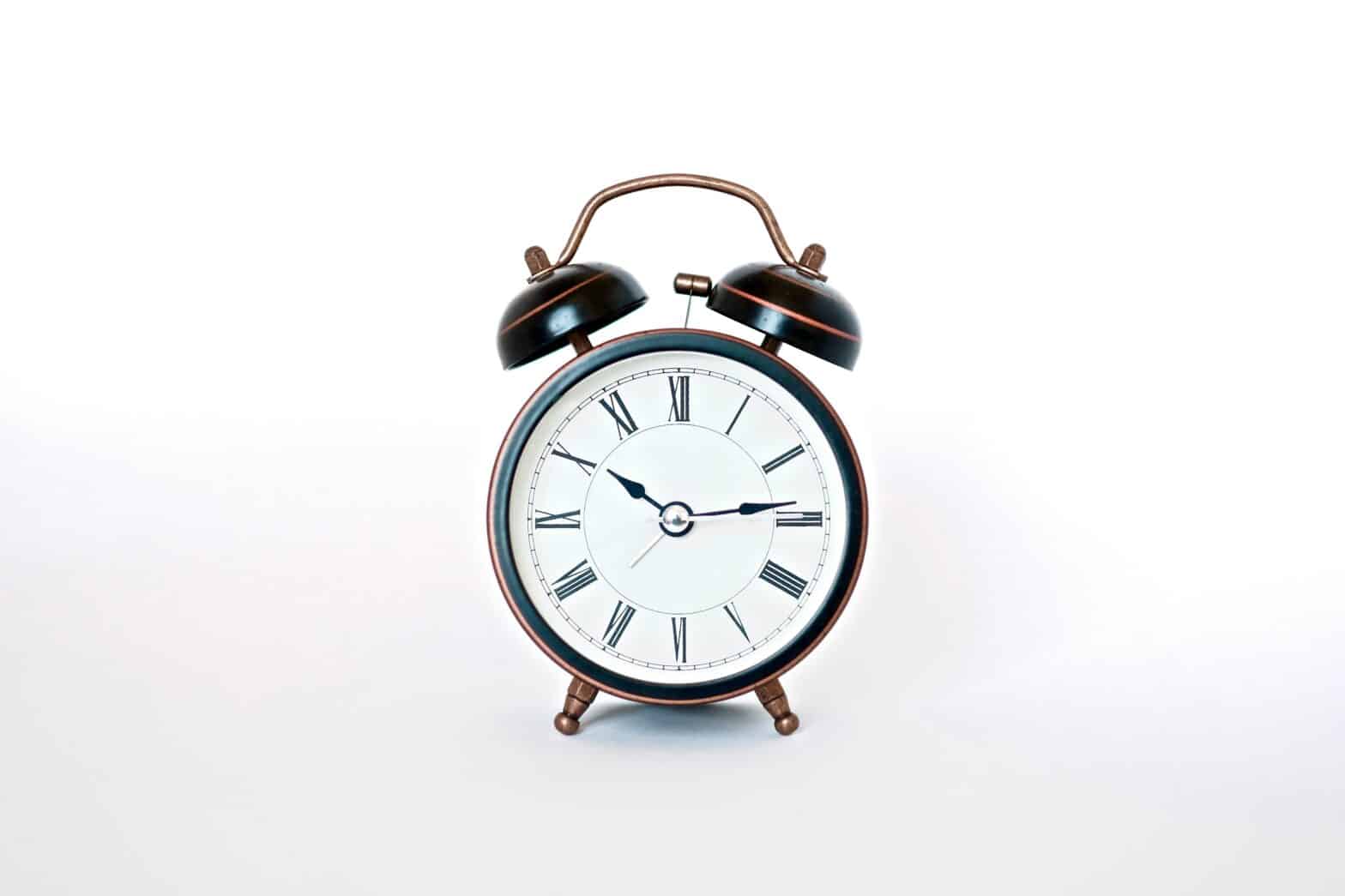As we approach the transition into Daylight Saving Time this March, many of us dread the “spring forward” for the potential sleep loss it represents. At Lokiten Behavioral Health, we recognize the critical role sleep plays in both mental and physical health. Adjusting your internal clock can be challenging, but it’s also a valuable opportunity to refine your sleep habits for the better. Here’s how you can smoothly transition and improve your overall well-being.
Table of Contents
Understanding the Impact of Sleep on Mental Health
Sleep is as crucial to our mental health as nutrition and exercise. Lack of adequate sleep can lead to irritability, stress, and worsened mental health conditions such as anxiety and depression. On the other hand, a good night’s sleep can enhance problem-solving skills and support emotional regulation, making us more resilient to daily stressors.
Tips for Adjusting to Daylight Saving Time
- Gradually Adjust Your Schedule: Start going to bed and waking up 15 minutes earlier each day leading up to the time change. This gradual shift can help ease the transition and reduce the shock to your system when we lose an hour.
- Create a Relaxing Bedtime Routine: Develop a calming routine before bed to signal to your brain that it’s time to wind down. This might include reading, stretching, or meditating.
- Limit Screen Time: Exposure to light can interfere with your body’s natural circadian rhythms. Try to avoid screens at least an hour before bed and use dim lights to encourage your body’s natural production of melatonin.
- Optimize Your Sleep Environment: Ensure that your bedroom is conducive to sleep. This means a comfortable mattress and pillows, a cool room temperature, and minimal noise and light pollution.
- Be Mindful of Your Diet: Avoid heavy meals, caffeine, and alcohol close to bedtime, as they can disrupt sleep. Instead, opt for a light snack if you’re hungry, such as yogurt or a banana, which can actually help promote sleep.
- Get Plenty of Natural Light During the Day: Exposure to natural light during the day can help maintain a healthy sleep-wake cycle. Try to get outside in natural light for at least 30 minutes a day.
The Benefits of Better Sleep
Improving your sleep can have a ripple effect on your overall health. Better sleep can improve your mood, cognitive function, and immune system. It also plays a critical role in healing and repair of your heart and blood vessels, ongoing processes that are vital for both mental and physical health. Daylight Saving Time doesn’t have to disrupt your life. By preparing in advance and adopting healthier sleep habits, you can minimize the negative effects of the time change and improve your overall well-being. Remember, at Lokiten Behavioral Health, we’re here to help guide you through these transitions and support your mental health journey.








